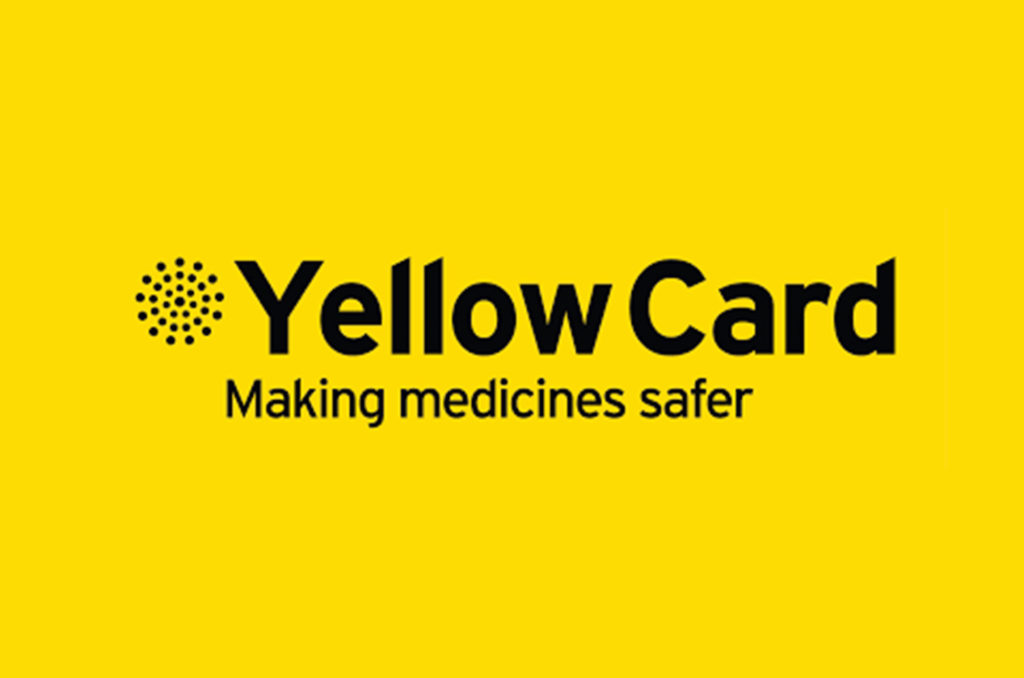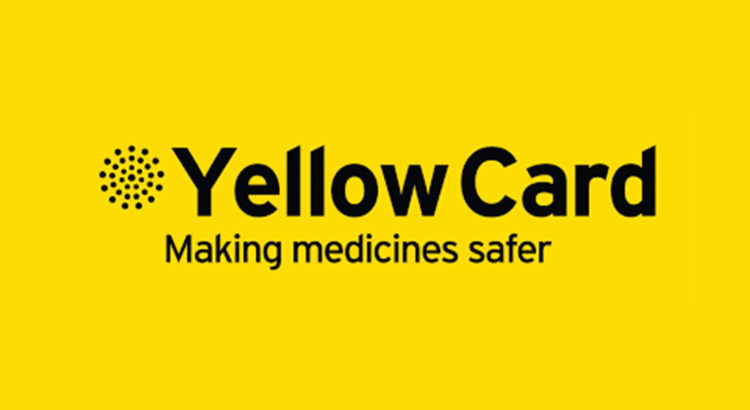
An open letter from UK medics to the Chief Medical Officers of England, Scotland, Northern Ireland and Wales and the Chair of the MHRA.
The United Kingdom COVID-19 vaccination programme has been unprecedented in scale and scope. A total of three vaccines, all based on delivering an immune response to the SARS-CoV-2 spike protein, have been given emergency use authorisation.
The Oxford AstraZeneca vaccine has been found to be associated with a previously rare thrombotic syndrome (Cerebral Venous Sinus Thrombosis with thrombocytopenia). Investigation has demonstrated the presence of anti-platelet antibodies with associated thrombosis and thrombocytopenia. The British Society for Haematology,¹ working with colleagues in Europe, have recognised this association and produced high quality, concise clinical guidelines, to aid diagnosis of potential vaccine associated thrombotic states. These guidelines stress the importance of awareness by medical practitioners for ANY thrombotic event in the context of recent vaccination, regardless of site or vaccine. They further recommend investigation and treatment strategies, including the avoidance of heparinoid anticoagulants. The importance of completing a Yellow Card² report for each case is stressed.
The signatories to this letter note that the BSH guidance has not been consistently promulgated to primary or secondary care providers and that many colleagues are unaware of the need to consider the potential role of these vaccines in patients presenting with “common thrombotic events”, including VTE, strokes and coronary events. New guidelines from intercollegiate groups have been published, recognising multisystem thrombotic events³ however, there is a lack of knowledge, in some quarters, of the risk of non-cerebral thrombosis with thrombocytopenia. Any lack of professional awareness raises patient safety concerns, with regard to immediate treatment, and longer term risks, such as second vaccinations. It is our belief, based on our clinical practice and multiple reports from colleagues, that the more common thrombotic events are being under-reported. This may be as a result of a lack of professional awareness of potential thrombotic and low platelet events beyond CVST, ³ ⁴ combined with a misplaced belief that individual doctors should make a judgement on causation prior to MHRA reporting.
We commend the British Society for Haematology for their leadership and proactive response. This has undoubtedly reduced harm and saved lives. We note that other regulators including the EMA have been quick to recognise additional potential adverse events and act accordingly, including neurological sequelae and an association with pericarditis and myocarditis, for which there is signal in the Israeli data also. On 23 June, the CDC’s Advisory Committee on Immunization Practices (ACIP) gave a presentation5, which included the observed incidence of myocarditis and pericarditis in the 7 days following a second dose of Pfizer in age groups between 12 and 24. They noted that incidence could be anything between 30 and 200 times that expected to occur naturally. It is essential that any increase in the incidence of these events is rapidly investigated so that their impact can be assessed. We would also urge the MHRA to include detailed age and gender analysis in their Yellow Card reporting, like those presented to the ACIP meeting.
The Yellow Card system emphasises the essential nature of reporting, regardless of the reporter’s opinion as to causation. We recommend that all doctors are reminded, by a joint letter from the CMOs, that reporting a potential adverse event in relation to new therapeutic agents is a professional duty and enhances patient safety. Such action also informs future policy with regard to risk-benefit ratios in different groups. We further suggest that the current Yellow Card guidance emphasises the essential nature of reporting, by changing the wording from the current:
“An adverse reaction should be reported even if it is not certain that the drug has caused it.”
To:
“It is essential that all suspected adverse reactions to any new agent are reported. The integrity of our essential safety surveillance systems relies on the reporting of all suspected adverse reactions to any new agent, whether or not the practitioner considers there to be a causal link between the reaction and the agent administered.”
We further recommend that doctors should be made aware that the association of events, beyond those related to thrombosis and thrombocytopenia, including cardiac inflammation, neurological and hepatic syndromes, is now being scrutinised through other medical regulators6.
Signatories
Dr Alan Mordue Retired Consultant in Public Health Medicine MB ChB, FFPH (ret)
Dr Clare Craig BM BCh FRCPath Pathologist
Dr Christina Peers, MBBS, DRCOG, DFSRH, FFRSH, MBCAM Menopause Specialist
Dr David Critchley, BSc, PhD, 32 years in pharmaceutical R&D as a clinical research scientist
Dr Christopher John Boitz MBChB BSc (hons) GP
Colin Natali MBBS, BSc(Hons), FRCS(Tr & Orth) Lead Spine Surgeon
Dr Elizabeth Corcoran MB BS MRCPsych Psychiatrist
Dr Elizabeth Evans MA, MBBS, DRCOG – Retired doctor
Dr Geoffrey Maidment, MD, FRCP, Retired consultant physician
Dr Helen Macklin, MBBS DRCOG MRCGP
Dr Helen Westwood MBChB MRCGP DCH DRCOG, general practitioner
Dr Holly Young BSc, MRCP Palliative Medicine Consultant
Ian F Comaish, MA BM BCh
Dr Jason Lester, Consultant Clinical oncologist MRCP, FRCR
Dr Jayne LM Donegan MBBS DRCOG DCH DFFP MRCGP MFHom
Dr John Flack B.Pharm., PhD. Former Head of Safety Evaluation at Beecham Pharmaceuticals
Professor John A Fairclough, BM BS, BMed Sci, FRCS, FFSEM(UK), Professor Emeritus, Honorary Consultant Orthopaedic Surgeon
Dr Jon Rogers MBChB Retired GP
Julia Desousa RN
Dr Julia Wilkens FRCOG MD Consultant Obstetrician & Gynaecologist
Julie Annakin Immunisation Specialist Nurse RN AFTM RCPS (Glasgow)
Dr. Kulvinder S. Manik MBChB, MA(Cantab), LLM, MRCGP, Member of Gray’s Inn
Dr Lewis Moonie (Lord Moonie) MB.ChB MRCPsych MFCM MSc
Dr Linda Thomas, MB ChB, MRCGP Retired GP (UK)
Dr M A Bell MBChB MRCP(UK) FRCEM Consultant in Emergency Medicine
Dr Marco Chiesa MD, FRCPsych
Malcolm Loudon MB Ch.B, M.D, FRCSEd, FRCS (Gen Surg). MIHM, VR
Michael Cockayne MSc, PG Dip, SCPHNOH, BA, RN Occupational Health Practitioner
Dr Mike Yeadon, BSc (Biochem/Tox), PhD (Pharmacol)
Dr Renée Hoenderkamp BSc(hons) MBBS MRGCP
Dr Rohaan Seth, MBChB, BSc, MRCGP, General Practitioner
Dr Ros Jones, MD, FRCPCH, retired consultant paediatrician
Dr Sam McBride BSc(Hons) Medical Microbiology & Immunobiology, MBBCh BAO, MSc in Clinical Gerontology, MRCP(UK), FRCEM, FRCP(Edinburgh). NHS Emergency Medicine & geriatrics
Dr Samuel Ross White MBChB MRCGP
Dr Sarah Myhill MBBS
Mr T James Royle MBChB, FRCS(Ed), MMedEd, Consultant colorectal surgeon
Dr Theresa Lawrie, MBBCh, PhD, Director, Evidence-Based Medicine Consultancy Ltd, Bath
Mr Tony Hinton FRCS Consultant Surgeon
Endnotes
- Guidance produced from the Expert Haematology Panel (EHP) focussed on syndrome
of Thrombosis and Thrombocytopenia occurring after coronavirus Vaccination | British
Society for Haematology (b-s-h.org.uk) - https://bnf.nice.org.uk/guidance/adverse-reactions-to-drugs.html
- https://www.rcseng.ac.uk/coronavirus/vaccine-induced-thrombosis-guidance
- https://jnnp.bmj.com/content/early/2021/05/20/jnnp-2021-326984
- https://www.cdc.gov/vaccines/acip/meetings/downloads/slides-2021-06/03-COVID-Shimabukuro-508.pdf
- https://www.ema.europa.eu/en/news/meeting-highlights-pharmacovigilance-riskassessment-committee-prac-3-6-may-2021

